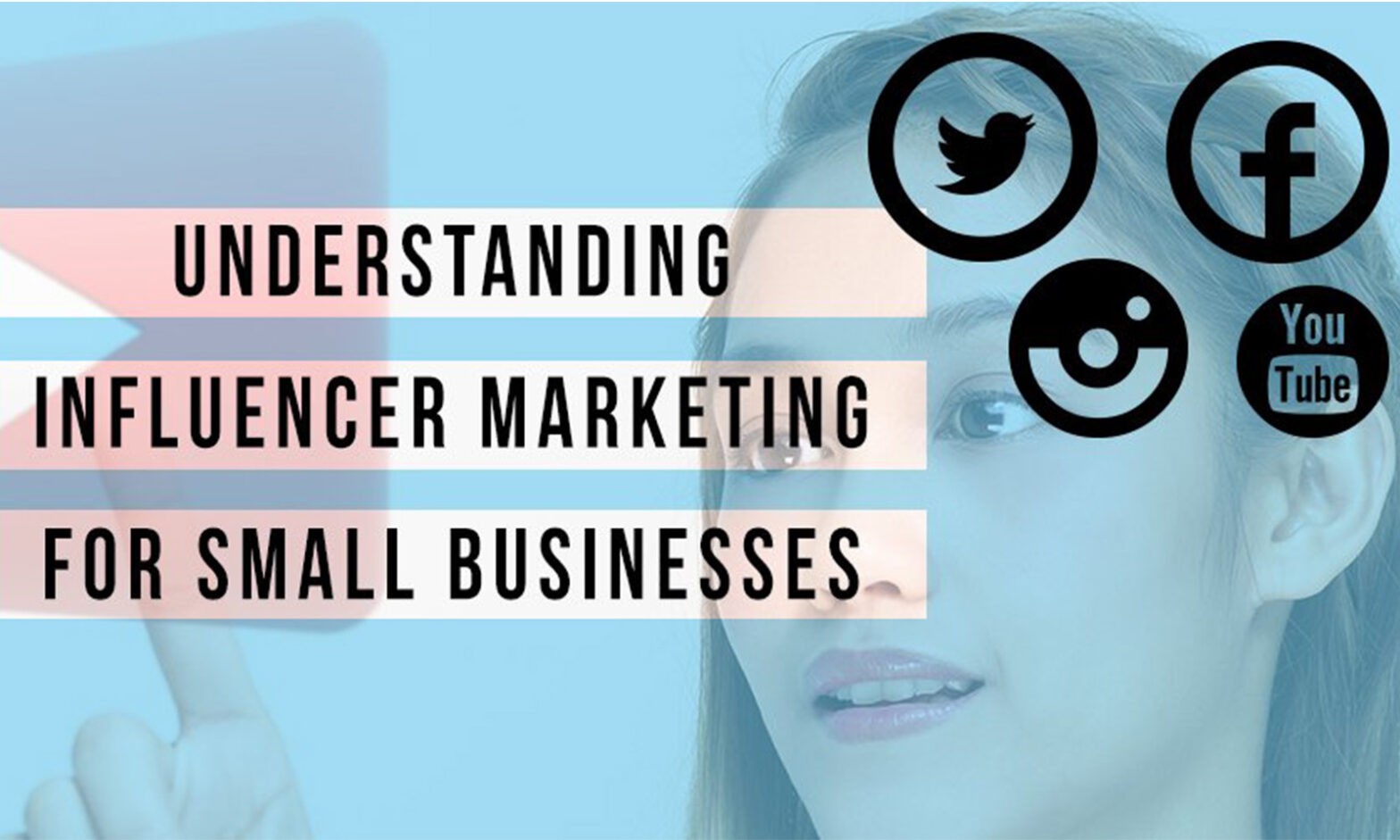In the business world, there has been a lot of hype around influencer marketing. Most of the talk is around paying celebs big money to be seen on Instagram, Twitter, or YouTube with your product. Not only are celebrity driven paid product endorsements out of trend as consumers become more aware about paid influencer marketing techniques, having a celeb endorse your product is also out of reach for small businesses.
Influencer marketing is not out of reach for the average small business, it just needs to be rethought and scaled. The way to go is micro-influencer marketing.
What is Micro-Influencer Marketing?
Micro-influencer marketing is the same idea as influencer marketing but it is when a brand pivots to working with smaller, more niche influencers. A micro-influencer is someone who has a smaller community following, and they work or specialize in a particular vertical (like makeup or street fashion) and frequently share social media content about their interests directly to their online community. They could be an influencer on just one platform, like Instagram, or across a few at once.
Why choose a Micro-Influencer?
For one, they have far better actual engagement rates. Their online community pays attention to what they share and the opinions they have. Many marketing studies have found that as an influencer’s number of followers increases, their number of likes and comments decreases. It is recommended that smaller brands work with micro-influencers with Instagram followings in the 1,000-10,000 range for example. The same can be said of Twitter, although the range goes up to the 20,000 follower range.
How Do You Pick Which Micro-Influencers to Work With?
This is where some critical time and research come into play. You will want to work with people who align with your brand identity and story. First, you’ll want to decide which social media channels you want to grow your presence. Is it Instagram, Facebook, Pinterest or Twitter? Maybe it’s all at once. Then, you need to decide which metrics will define your goals. Are you looking for more shares on your posts? More comments or more followers?
Here are some steps to get you started:
- Look local. If you’re a local business or franchise, look at the trending people that already talk about the type of product or service you have that are in your community. Invite those people into your business, see if they like your product or service and want to talk about it online, on their channels, and on yours.
- When you find a potential influencer to work with, figuring out payment is the next step. Can you trade social media activity for a free service at your salon? Is a free dinner for two something you can offer? Or does a financial incentive need to be given. Talk with the potential person. Don’t expect to create a partnership with an influencer for free.
- Talk over expectations of the campaign. What do you want to see from the partnership? Do you want five Instagram posts over a month? Do you want a weekly sponsored tweet? Do you want an honest review? Have a conversation about what the influencer is available to do for what you’re offering.
You shouldn’t expect that just because you’ve chosen to work with a micro-influencer that has a small following, that they will partner with you for free. Managing a blog, being active on Twitter, or curating an Instagram account is hard work. Acknowledge this hard work by offering your product or service for free, a discounted rate, or a one-time payment in return for their sponsored content.
Micro-influencer marketing is an excellent choice for small business and even international large businesses. Micro-influencer campaigns are a great way to reach potential customers and bring fresh air into your small business marketing strategy. For more inspiration, just scroll through your social feeds and see how other brands are partnering with influencers to grow their businesses.



